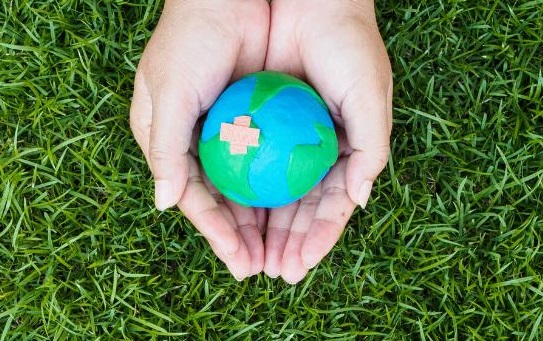
Every day is Earth Day – Lessons from a Pandemic!
- By Dhrithi Mahadevan --
- june 23, 2020
Sustainability, Mindfulness, Nudge, Environment, Lockdown, Corona
Society witnessed one of humanity’s biggest lockdowns of the century. While estimated global GDP loss is nearly 346.98 billion USD, and global unemployment is predicted to reach 25 million, every individual continues to hope to stay protected from the agent that caused this – an invisible living organism, a non-discriminating agent of change, a microorganism capable of creating a global health crisis by a mere handshake, a catalyst for displacing global business structures – the novel Corona Virus. This microorganism has managed to not only create a global health crisis, but also a major labour market and economic crisis. So, let us examine if we can learn something from our two-month lockdown experience.
The Corona Virus – An Agent of a Global Pandemic or a Messenger of Nature?
One aspect that stood out during the lockdown was the amount of time that we had for ourselves – the time to stop, think, and reflect on the changes in our lifestyle. First, we were forced to purchase only essential products. This meant that spending our weekends in a mall, splurging money on things that we do not need, was no longer an option. It also meant that we could not make online orders on the next attractive offer we saw on an Instagram or Amazon ad. Such episodes indicated the importance of living a minimalistic lifestyle wherein we learn to accumulate and generate less waste in life.
Second, decreased vehicular movement forced many people to walk to their nearest store to purchase any item. While social distancing norms forced people to be physically apart, technology proved to be an efficient way to communicate and stay connected. The luxury of catching the next flight to the opposite part of the country was not possible and not needed with work-from-home options. In some ways, it seemed as if nature was taking a break from the pollution caused by our mindless activities and pointed to more efficient and mindful living practices.
Third, purchasing only essential products meant that we had to use our resources conservatively. People became more conscious before throwing away simple items such as an over-ripe banana or a bunch of spinach leaves. Every bit of toothpaste and lotion was emptied and used before tossing into the trash-can. Washing vessels by ourselves forced us to find efficient ways to cook using fewer vessels. Such episodes taught us the importance of living a less wasteful lifestyle. Many people found innovative ways of reusing existing resources and even explored making products from scratch (e.g., a DIY masala powder or a DIY floor-cleaner). These instances compelled us to learn to value our resources and use them wisely.
Each of the above changes had a visible impact on our environment. Social media was filled with heartening images of animals and birds that had made a comeback to towns and cities. Eighty-eight cities in India recorded high scores for Air Quality Index. More time prompted people to rediscover hidden talents. People were also motivated to spread positivity by engaging in mindfulness, meditation, and fitness challenges. However, the lockdown brought about some negative consequences as well. The shocking migrant labour crisis with the most dispiriting visuals made us realise that our environment is holistic comprising not just plants, animals, and insentient resources, but also fellow human-beings who need our help. While many citizens and organizations helped such migrants, the pandemic pulled the brakes in our fast-paced lifestyle and forced us to contemplate how our choices can affect the collective good of the society.
Essentially, the pandemic has delivered one crystal-clear message: Nature does not need our protection, rather we need to protect ourselves from Nature’s wrath. So, the real question to ask ourselves now is this: do we need a global pandemic to force us to live sustainably, or can we change our lifestyle to benefit ourselves and our environment?
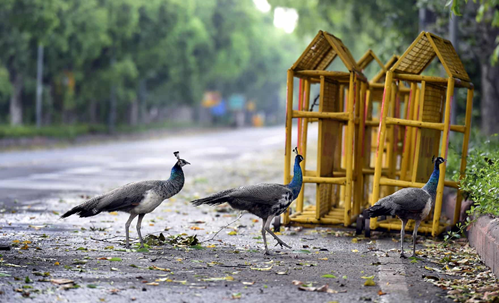
Figure 1: Peahens taking a stroll in Motilal Nehru Marg, New Delhi, during the lockdown (Source: https://www.theguardian.com/world/gallery/2020/apr/22/animals-roaming-streets-coronavirus-lockdown-photos)
Building a Sustainable Future
Living a more sustainable lifestyle begins by examining our habits, regulating them, and nudging ourselves to adopt sustainable practices. Here are a few starters (from the easiest to more involved ones):
- Using Ecosia web browser – This is a legitimate web browser that plants trees where they are needed the most using ad revenue from Internet searches. Being eco-friendly is just a click away!
- Refuse, Reduce, Reuse & Recycle – Refuse to use one-time-use products, reduce products that are costly for the environment (e.g., replacing electronic gadgets frequently), reuse & recycle products as much as possible before disposal.
- Purchasing products sourced and made locally – Purchasing products that are locally sourced (e.g., using coconut oil instead of jojoba oil) not only benefits the environment by saving on fuel usage, product packaging, etc. but also helps to support employment in local communities.
- Switching to eco-friendly options – Switching to eco-friendly products that are cruelty-free and contain fewer toxic chemicals can greatly benefit the environment.
- Making one’s own products – We can grow more committed to living sustainably by making our products (e.g., home-made shampoo, dishwashing liquid, etc.). Fortunately, there are many online resources to aid us in this.
- Opting a zero-waste lifestyle – A zero-waste lifestyle implies generating zero non-biodegradable waste, and this is possible. It starts by tracking the contents of one’s trashcan and taking measures to reach the zero mark( Eg: TIFT, SAAHAS Zero Waste)
When more consumers start changing habits, it reflects on big data collected by retail chains and companies, forcing them to change existing business models. This creates opportunities for product innovation and supply chain strategies to accommodate sustainable practices. My efforts to live more sustainably have also made me realise that Indian traditional practices themselves offer solutions to live mindful lifestyles, opening yet another window for business innovation. As we march forward to the post-COVID age, one question remains to be answered: Can we live each day as if it were Earth Day?


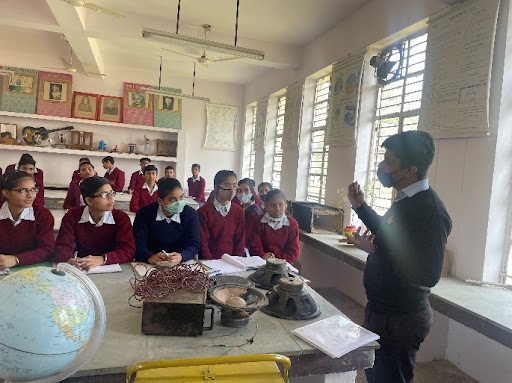
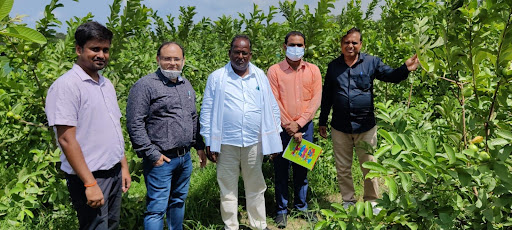

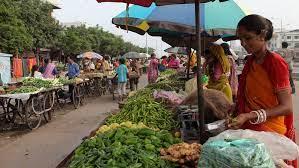
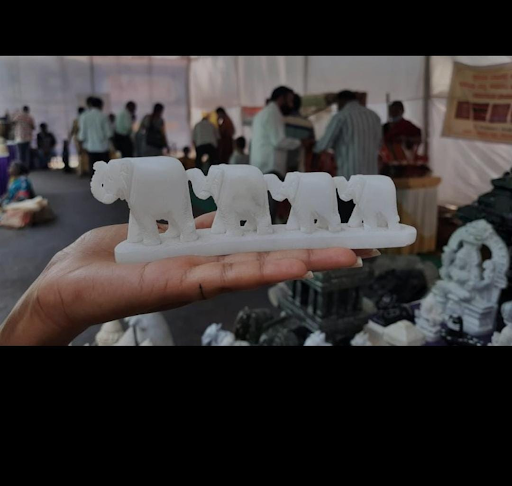
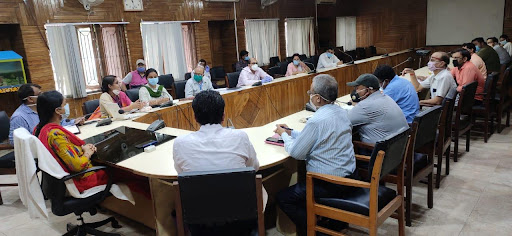

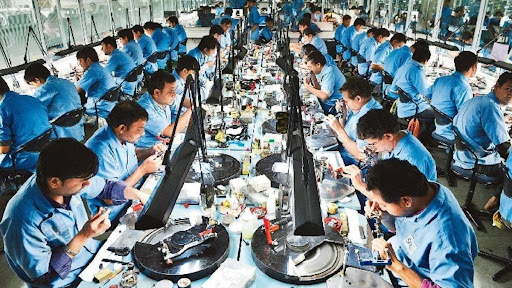



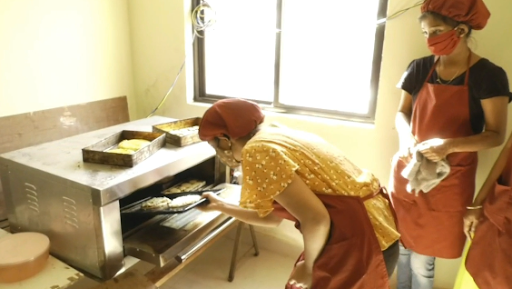
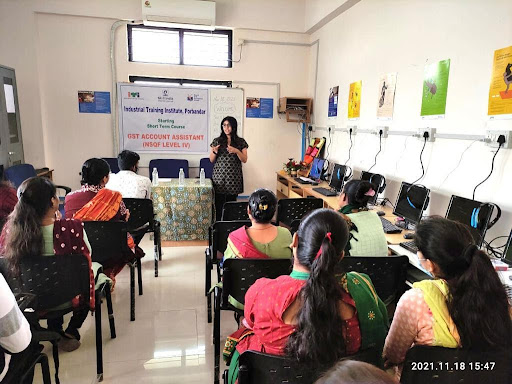
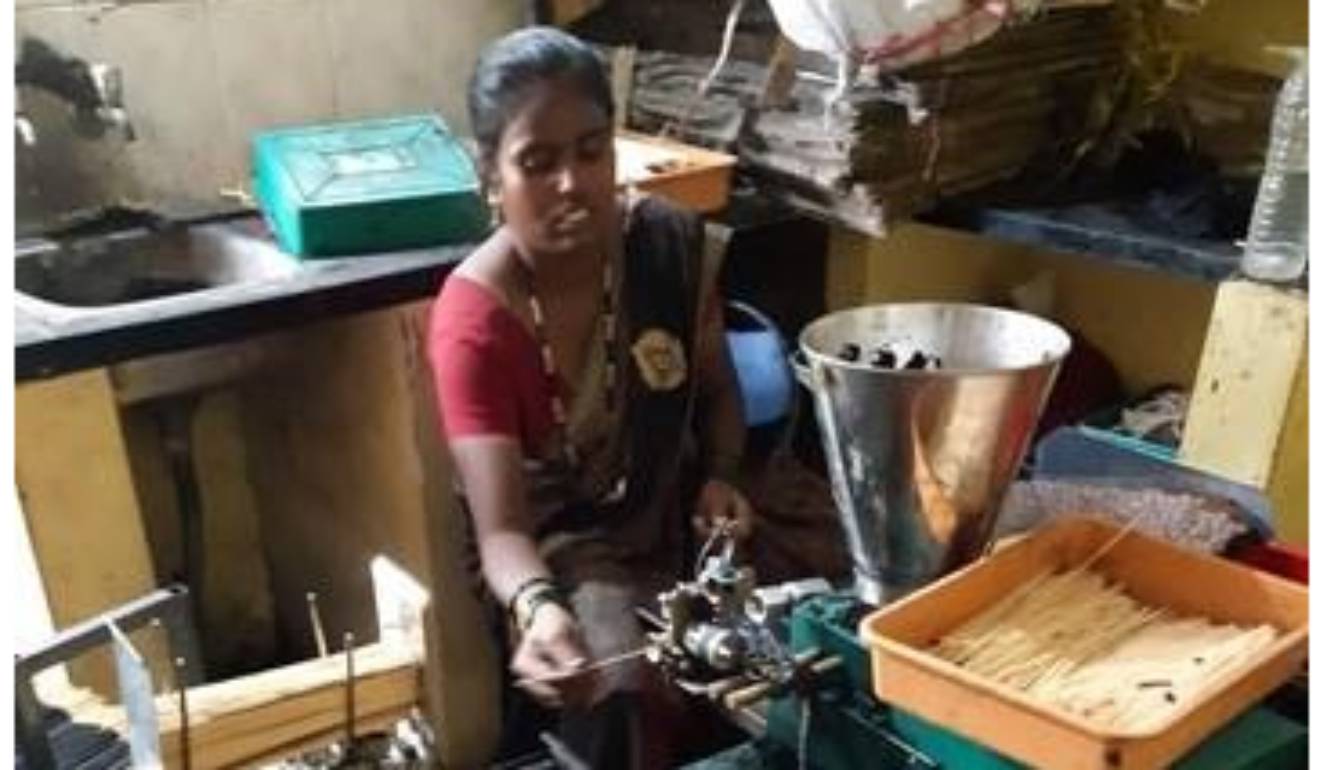

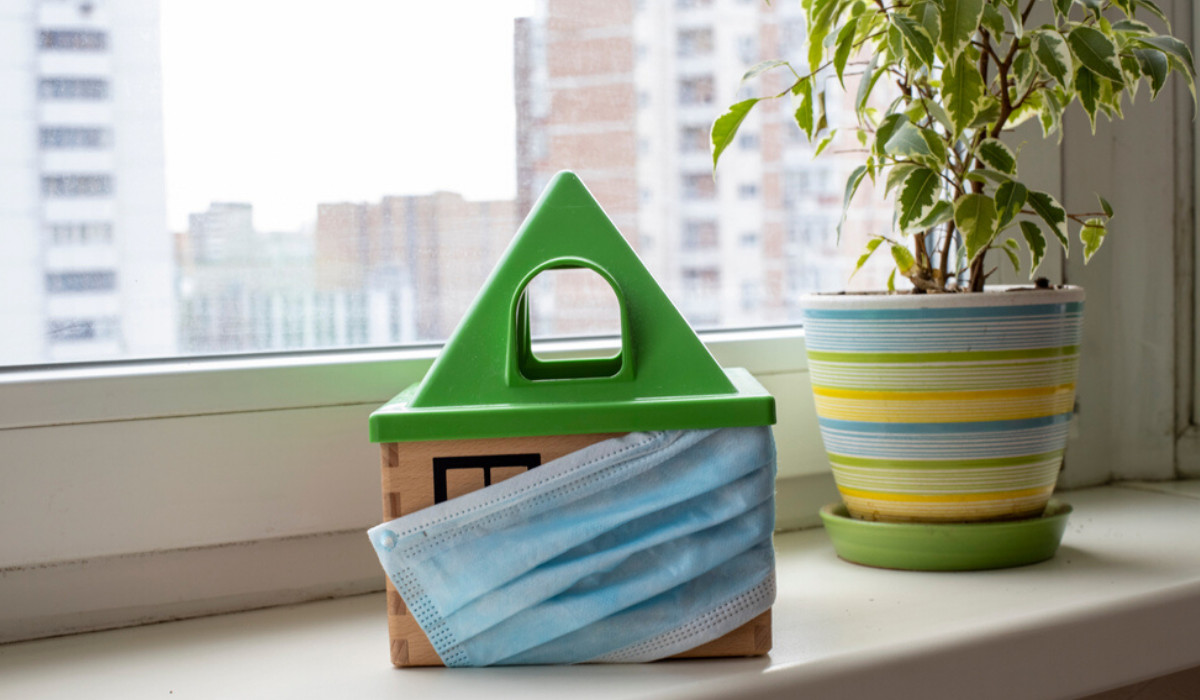

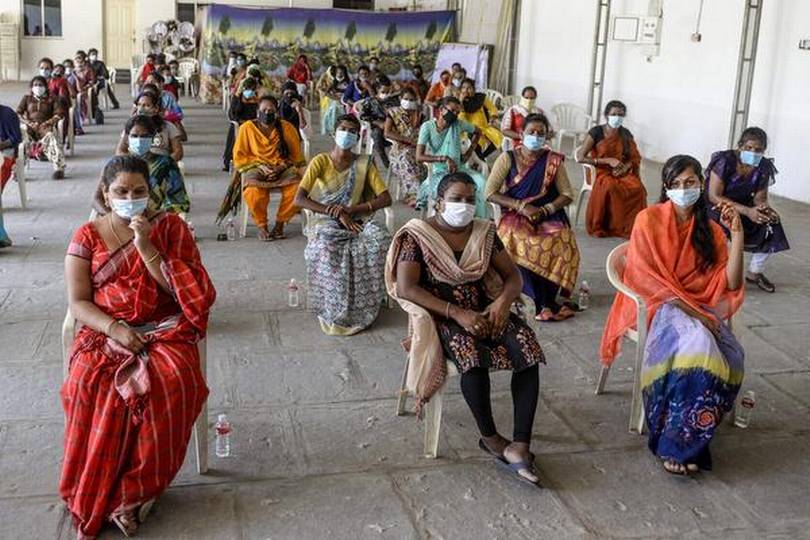
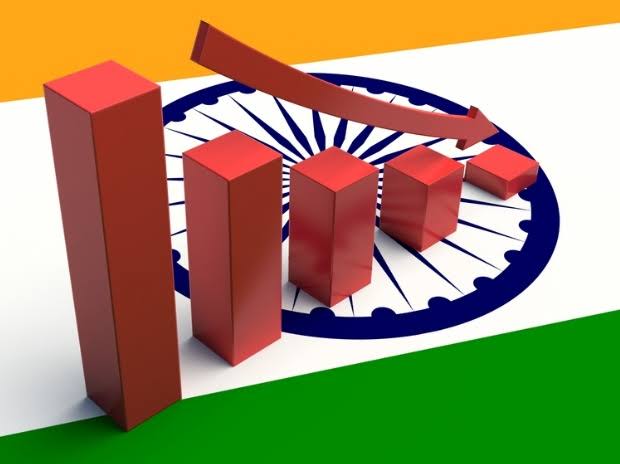


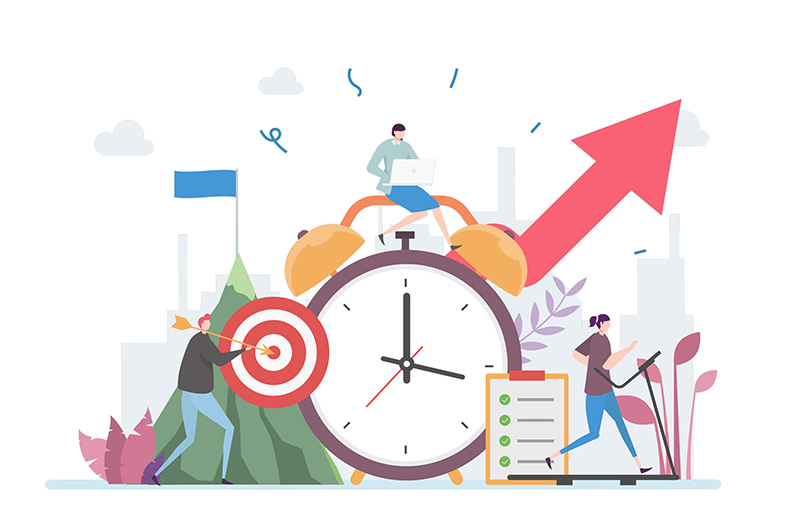

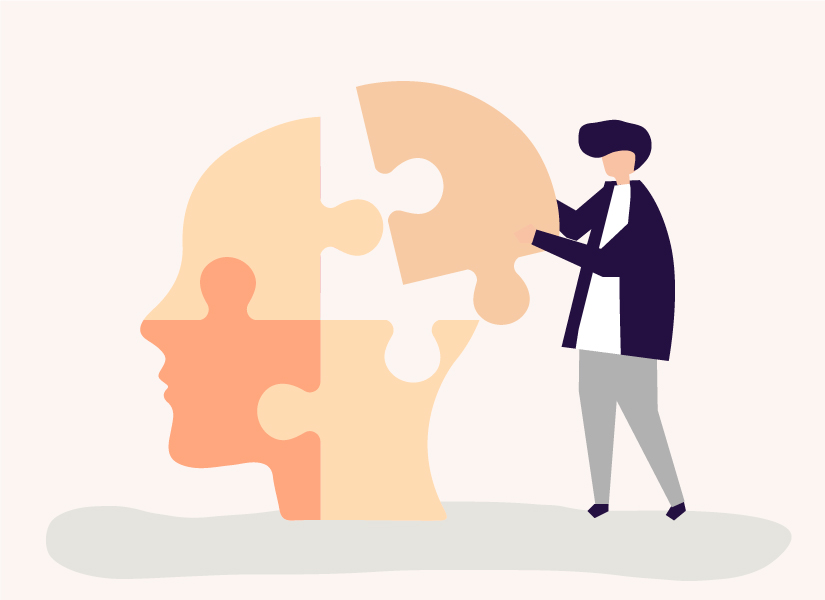
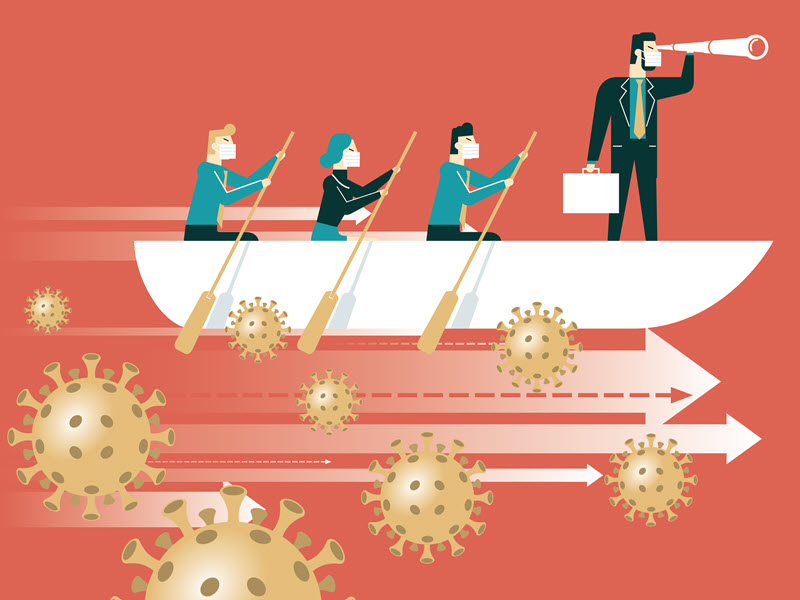
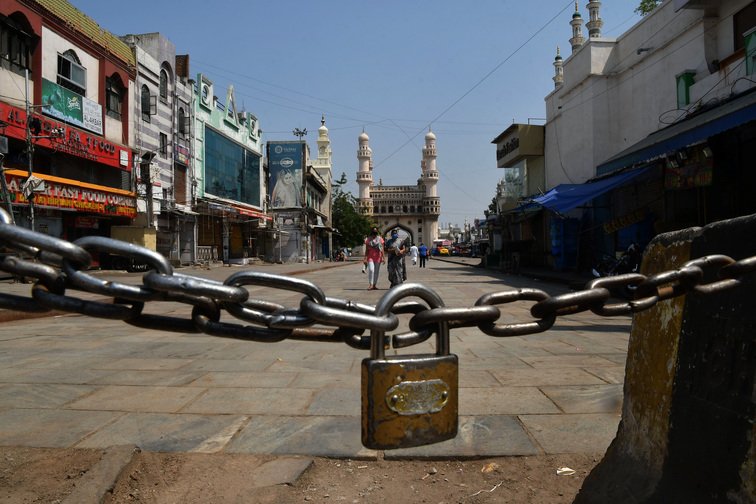
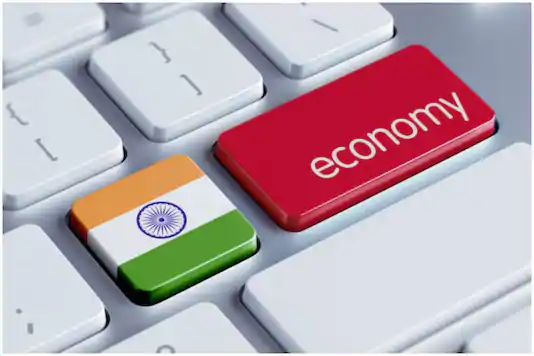


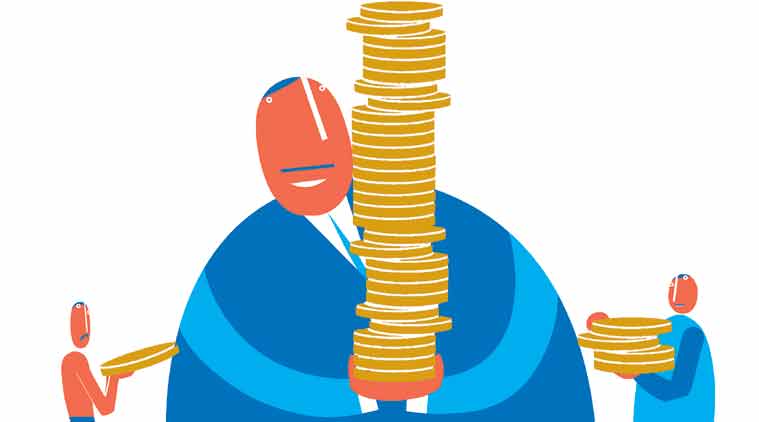
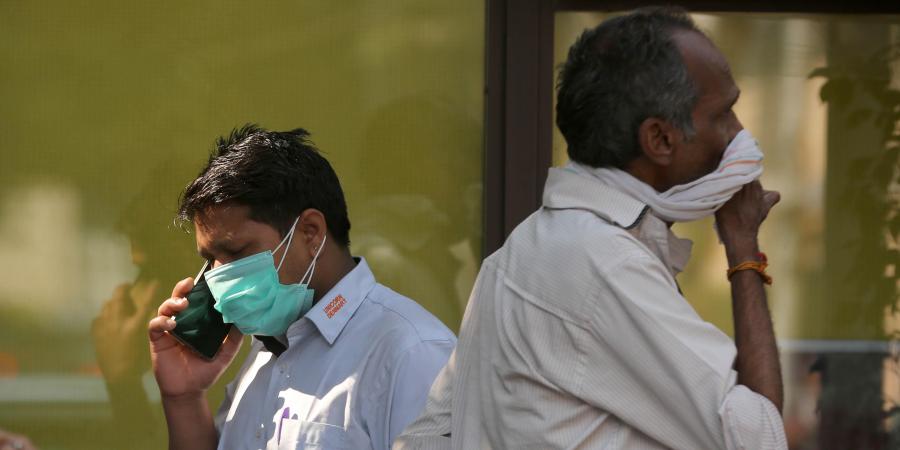

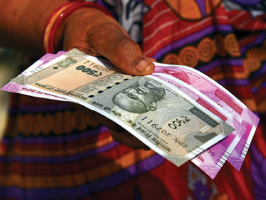

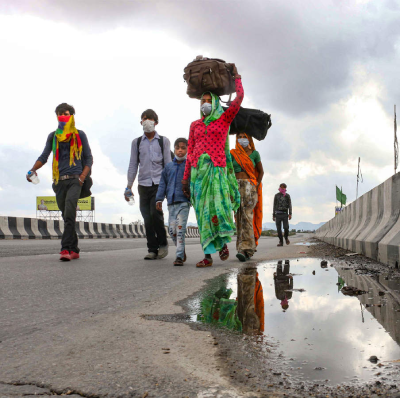
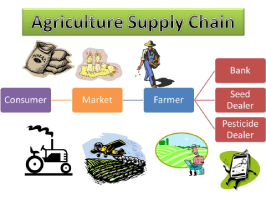
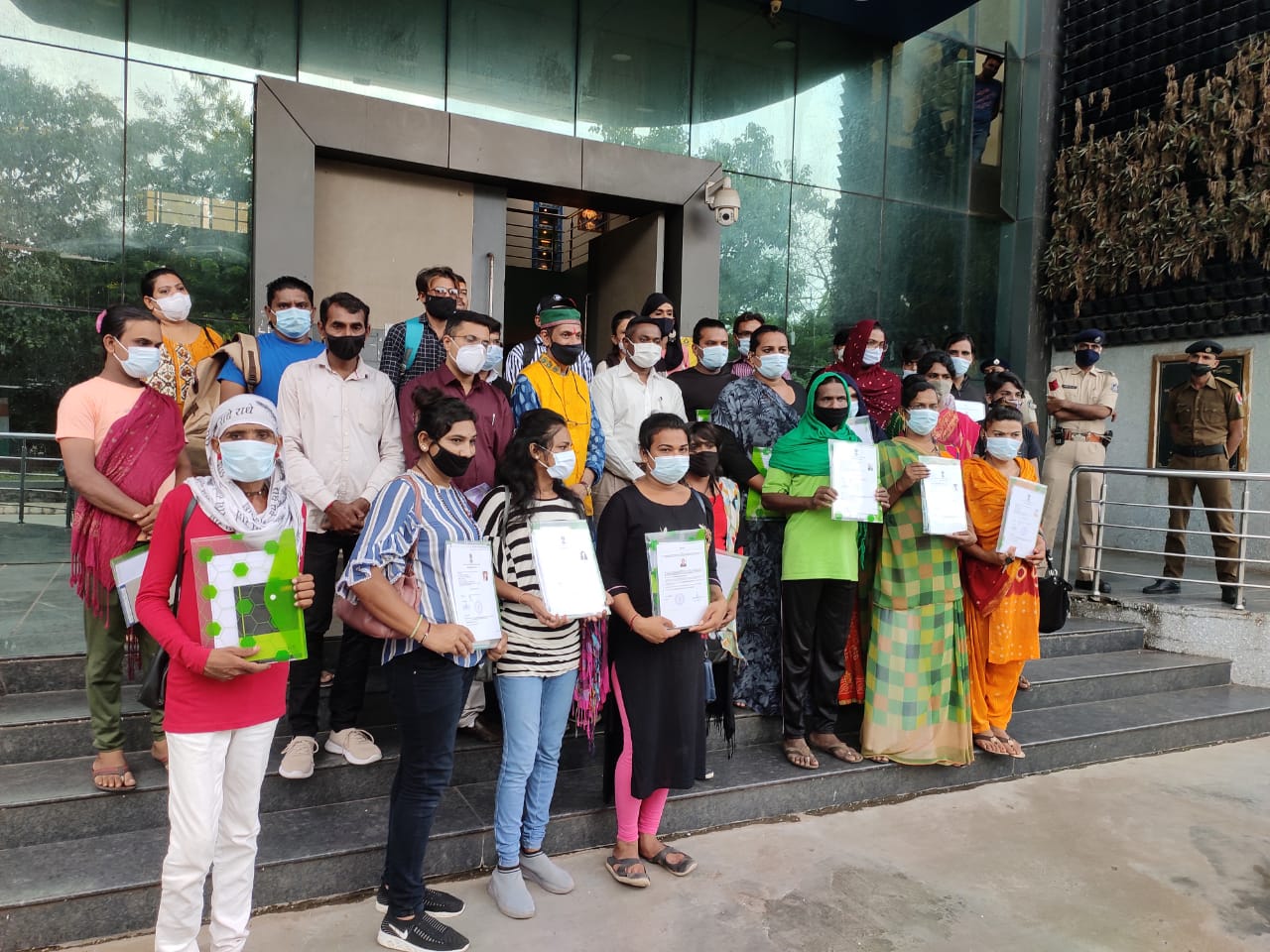
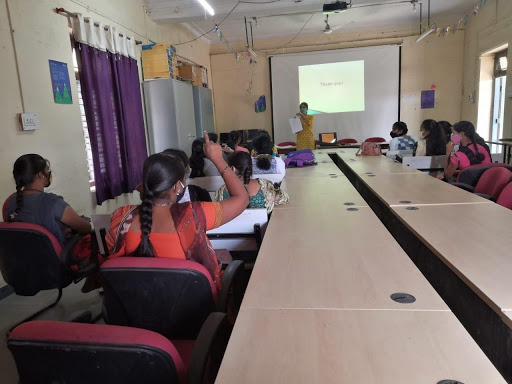


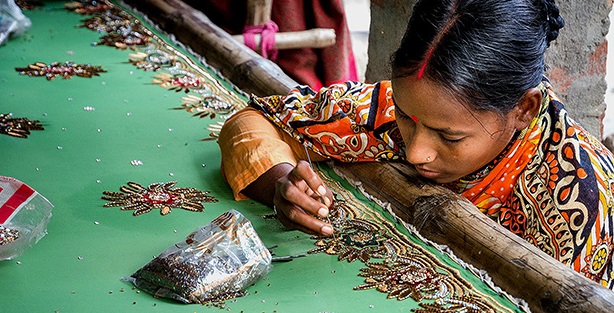
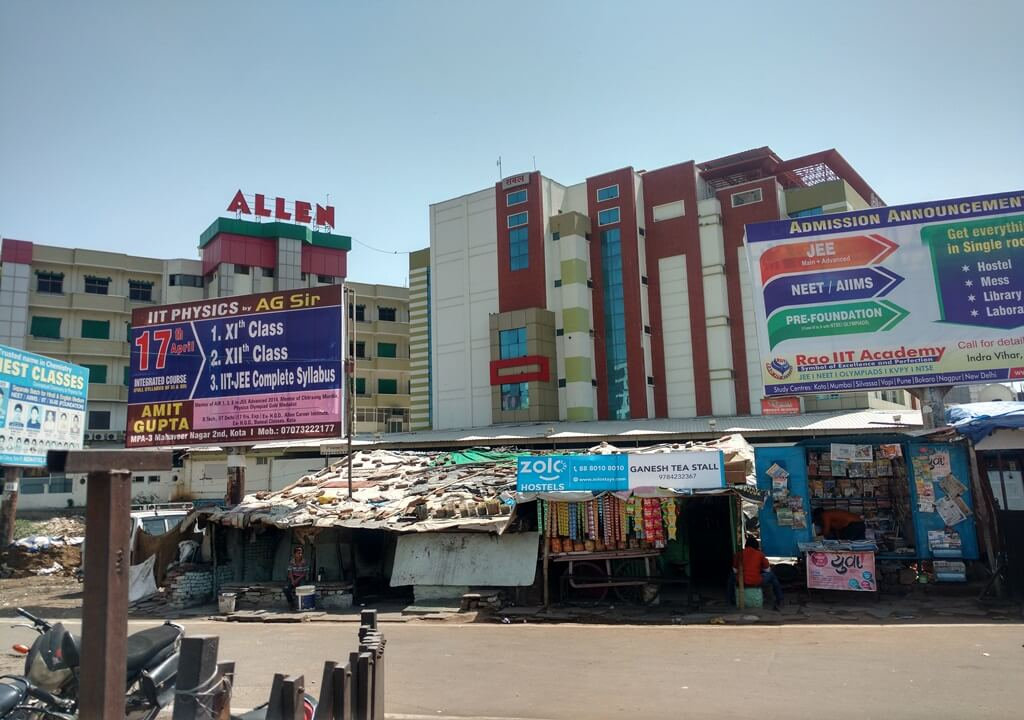
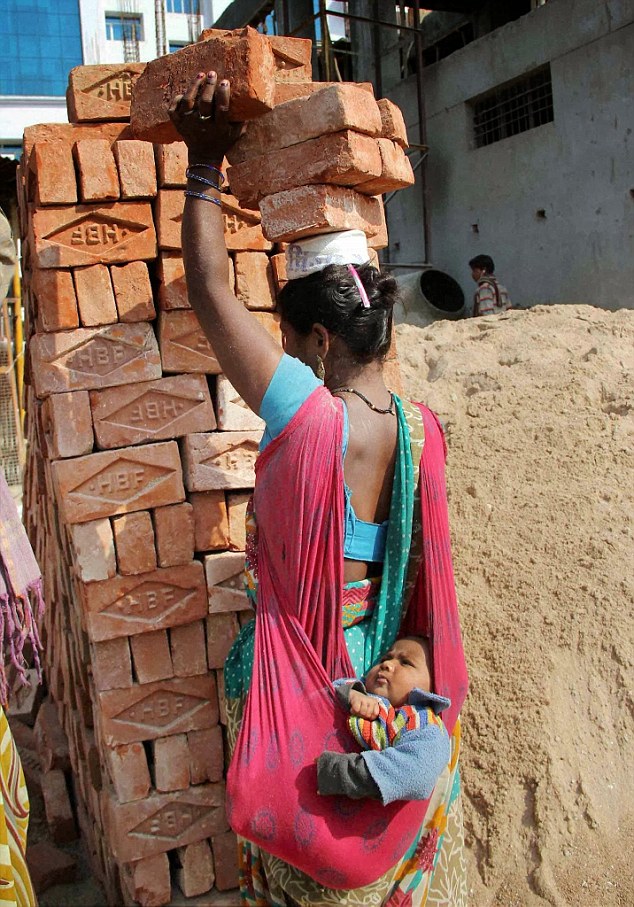

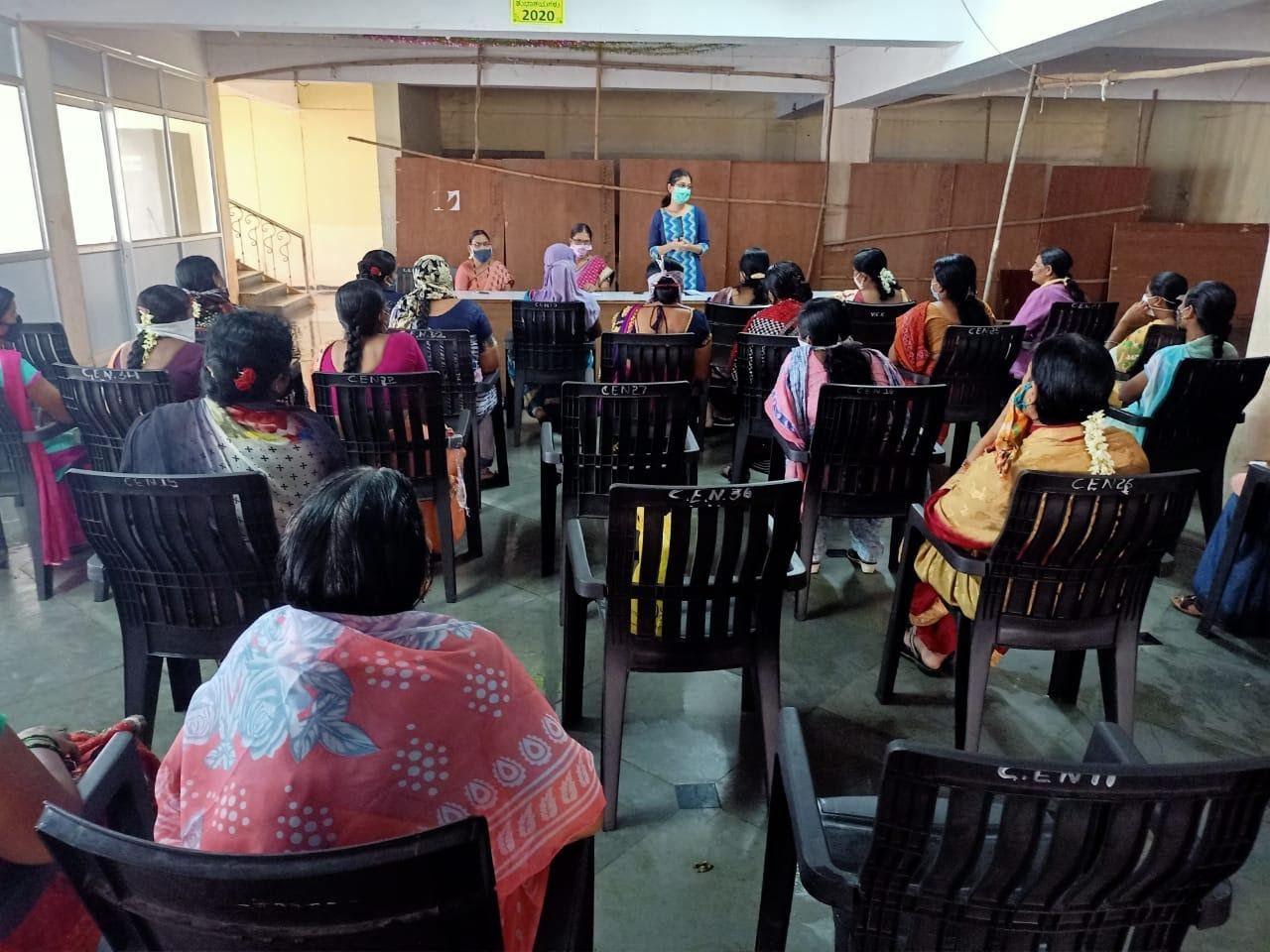
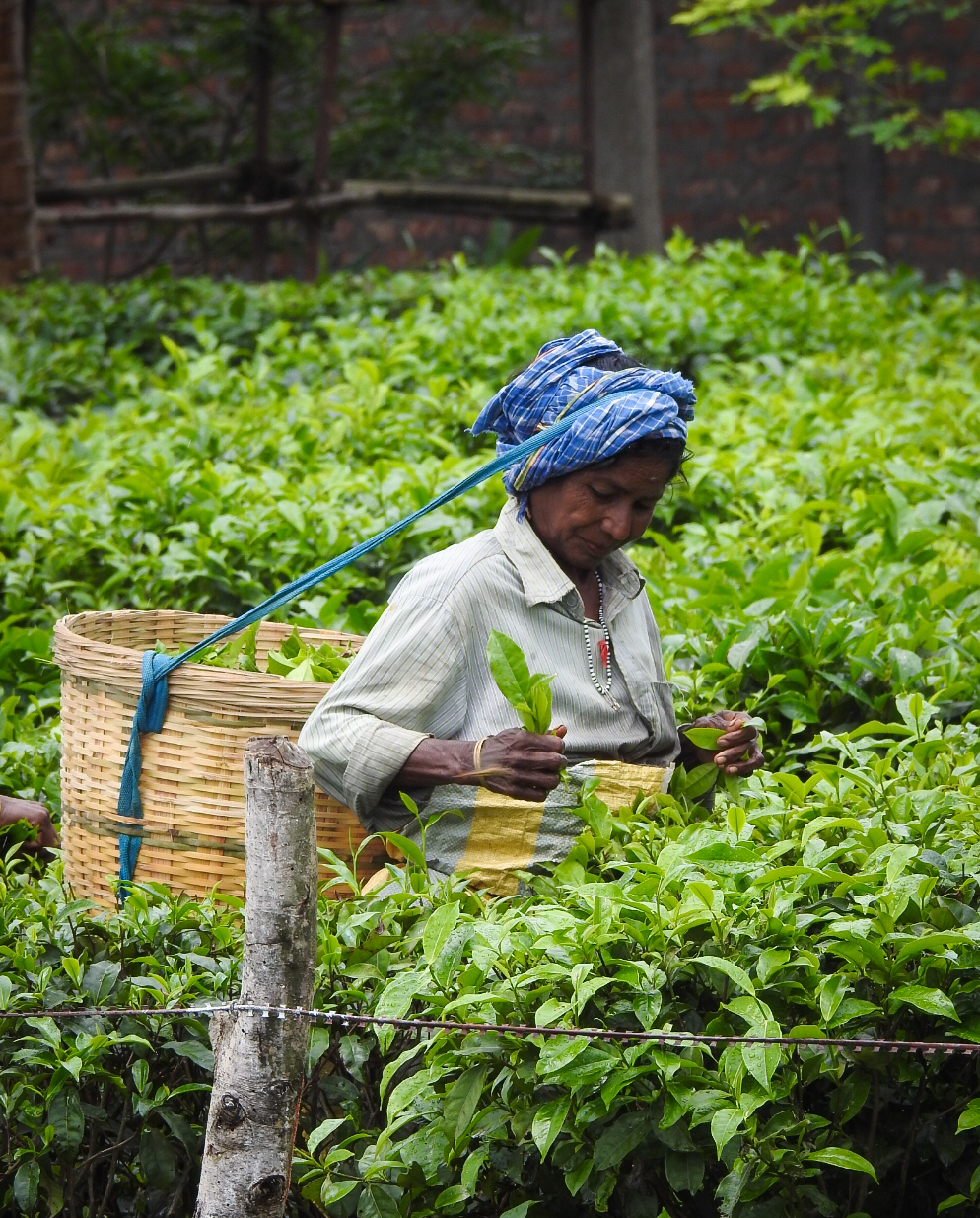



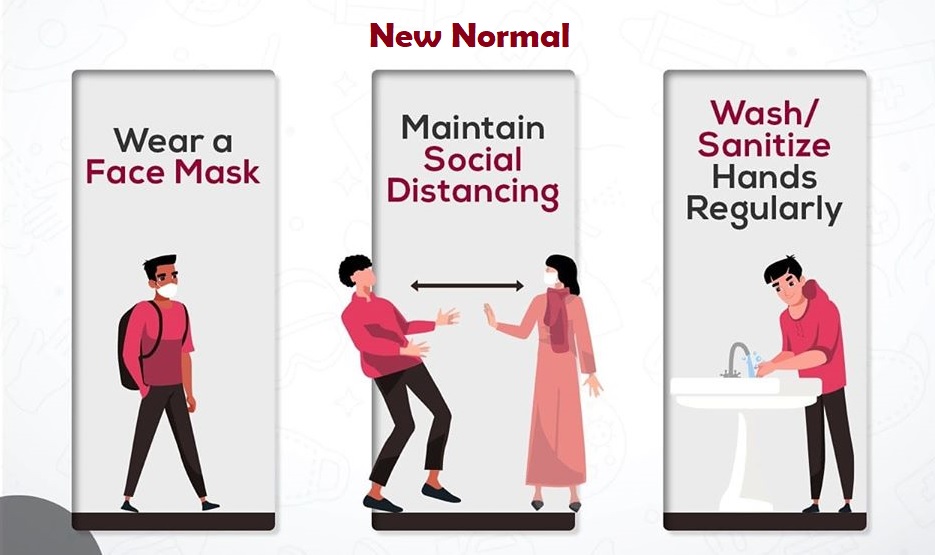

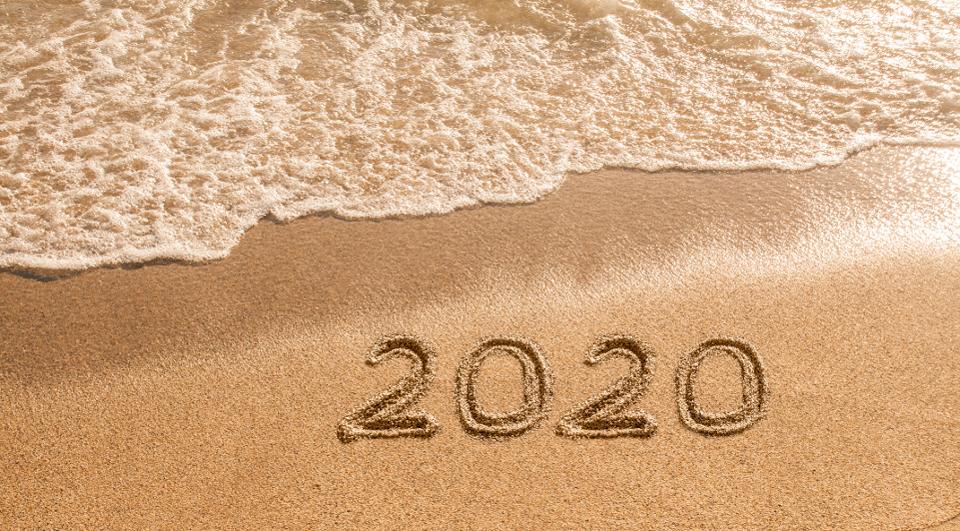
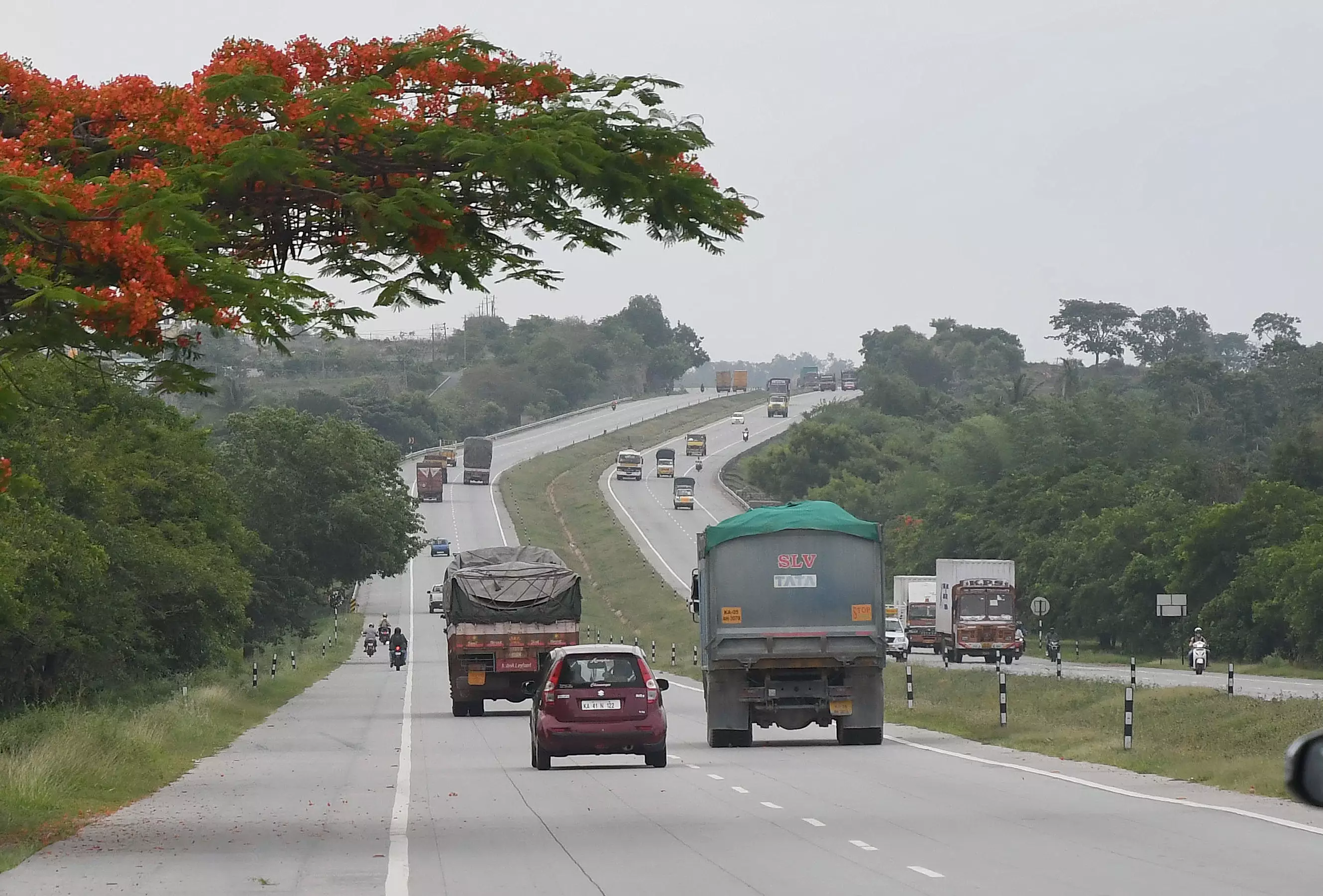
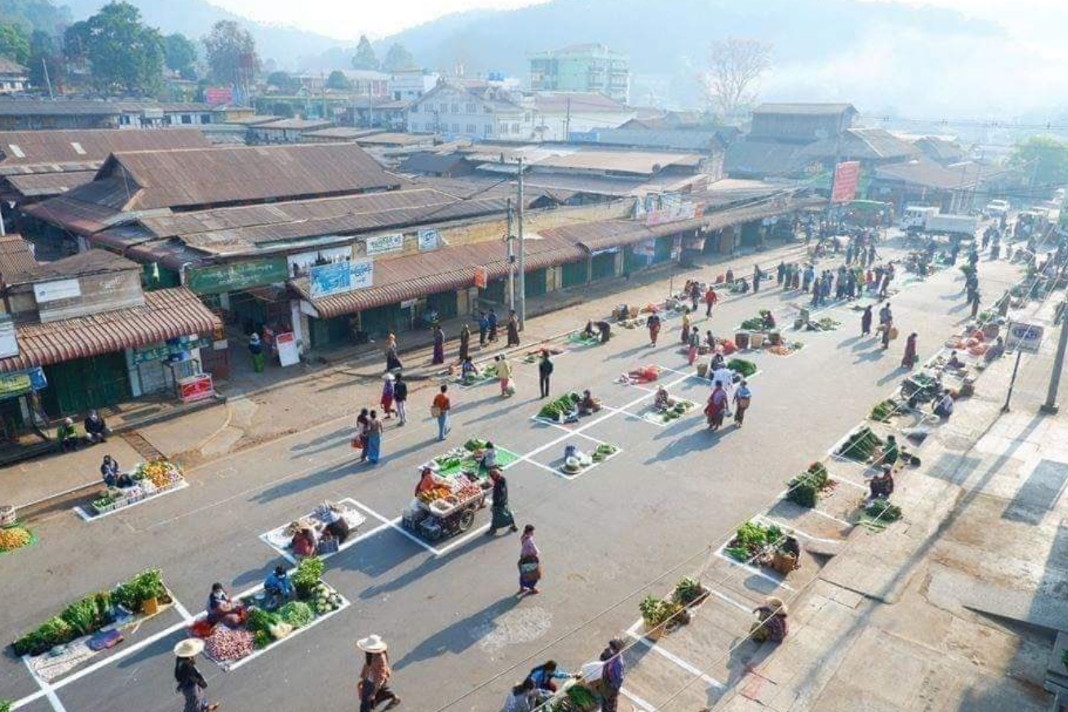

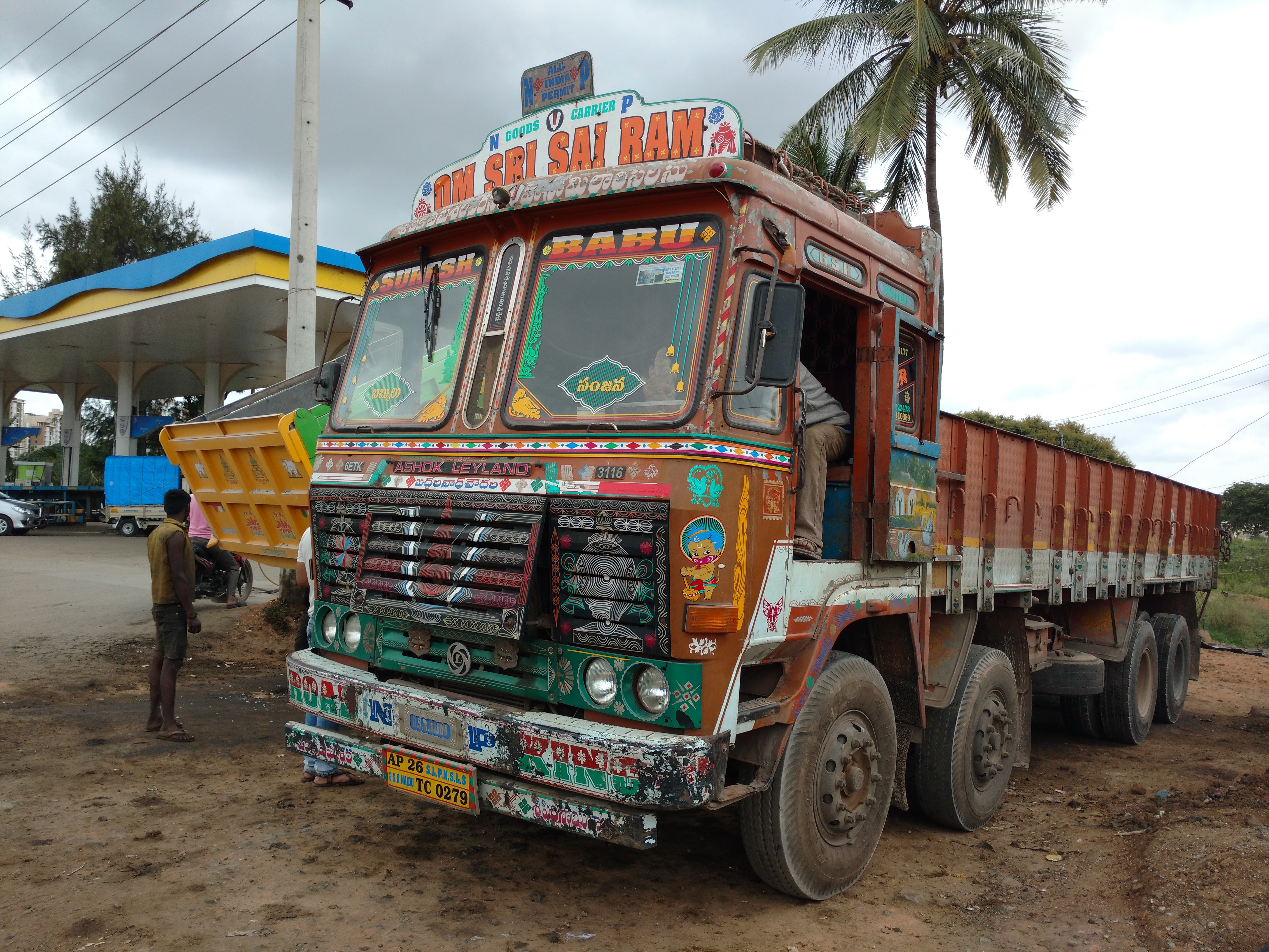

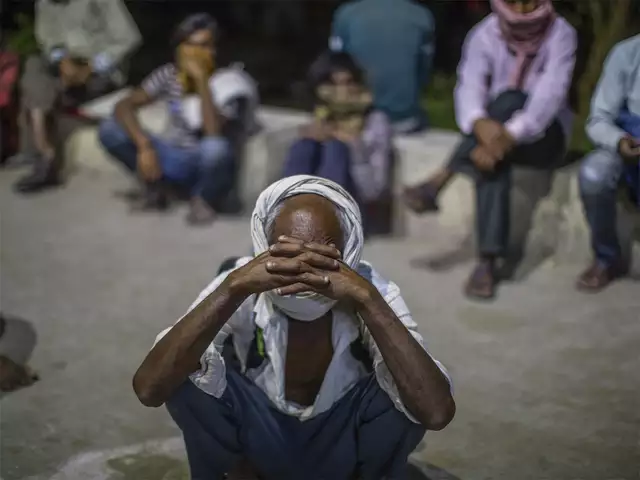
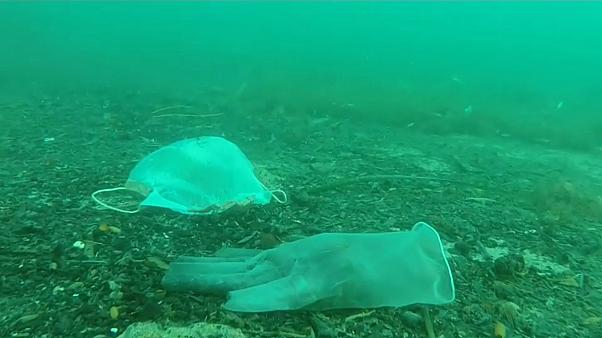
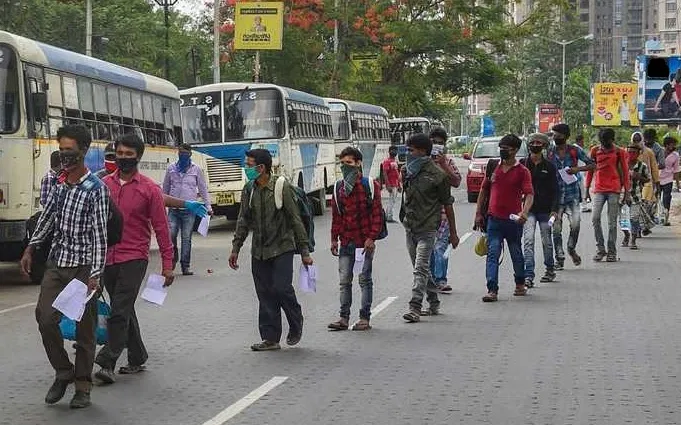




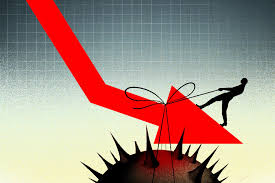
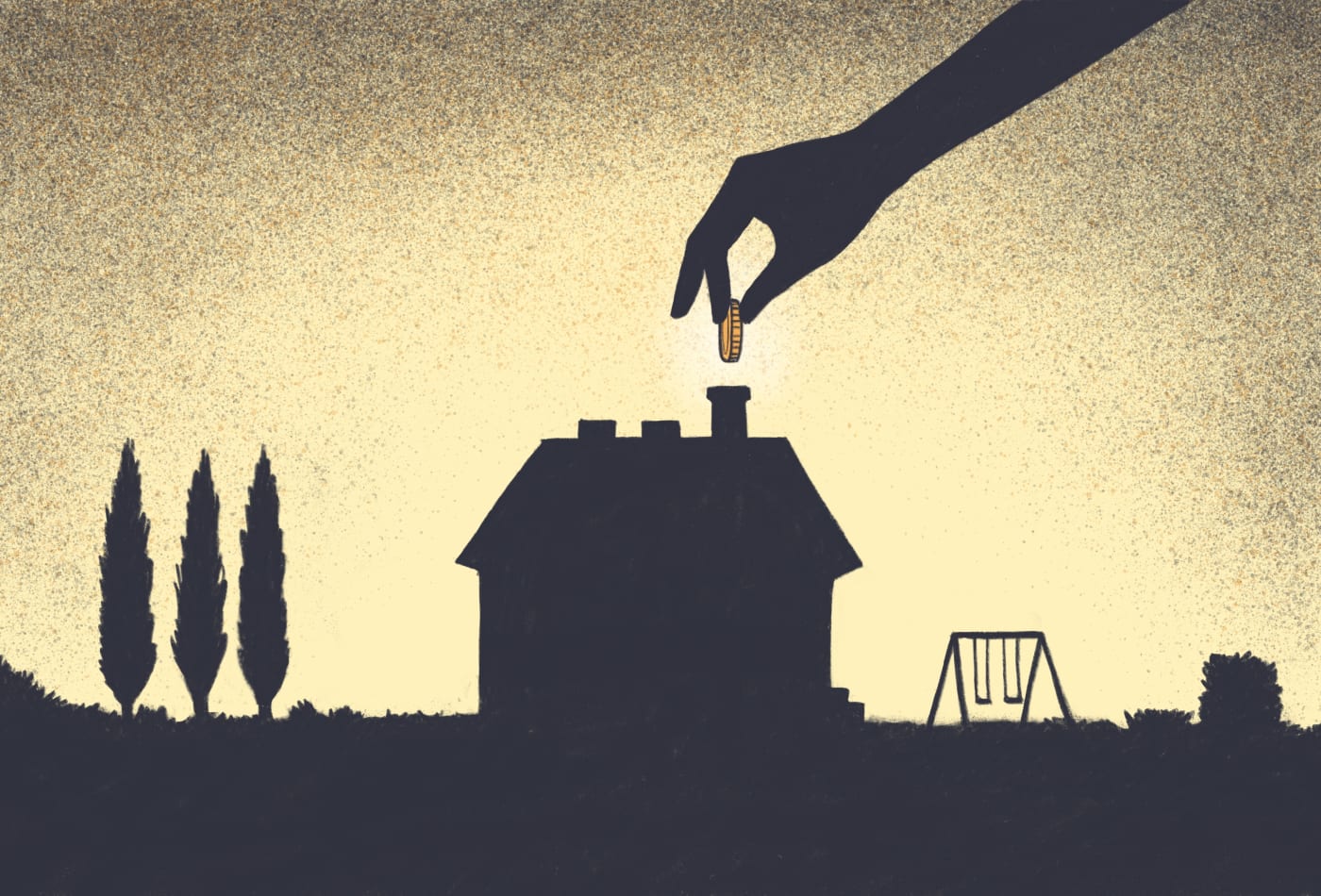

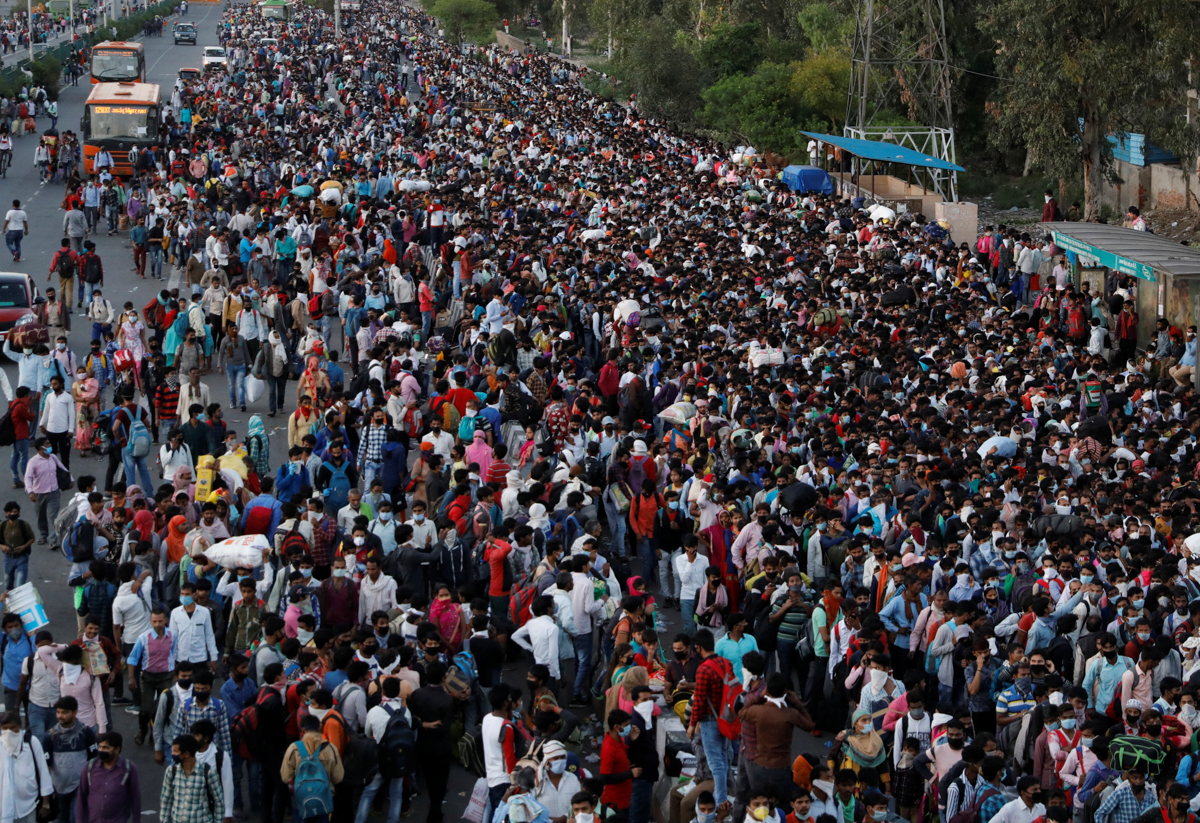

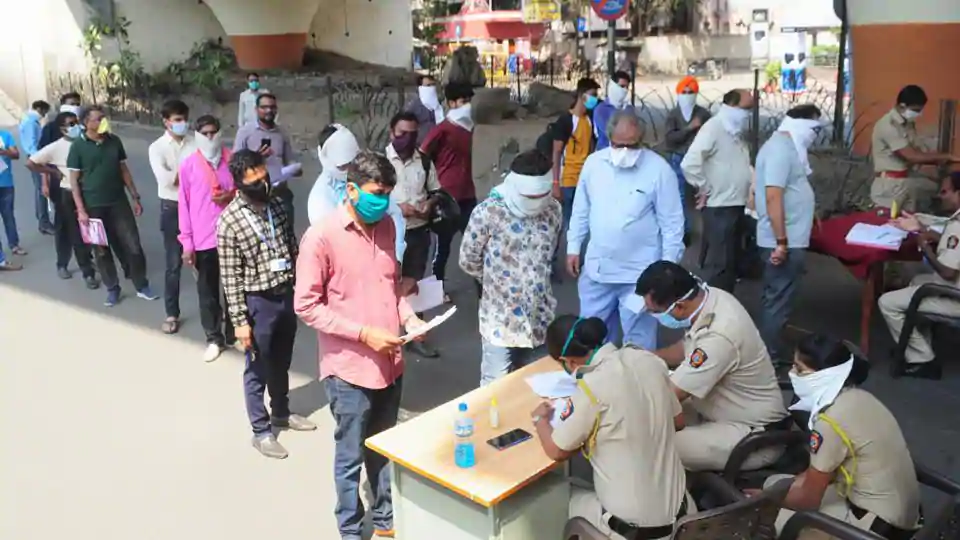
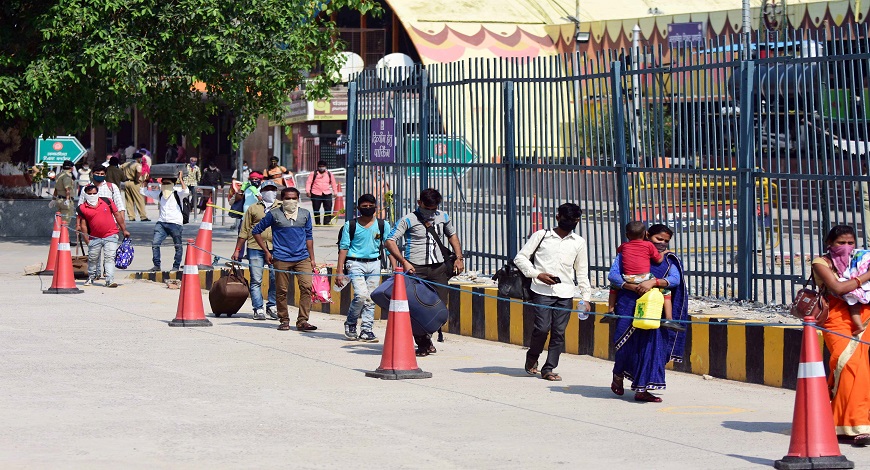
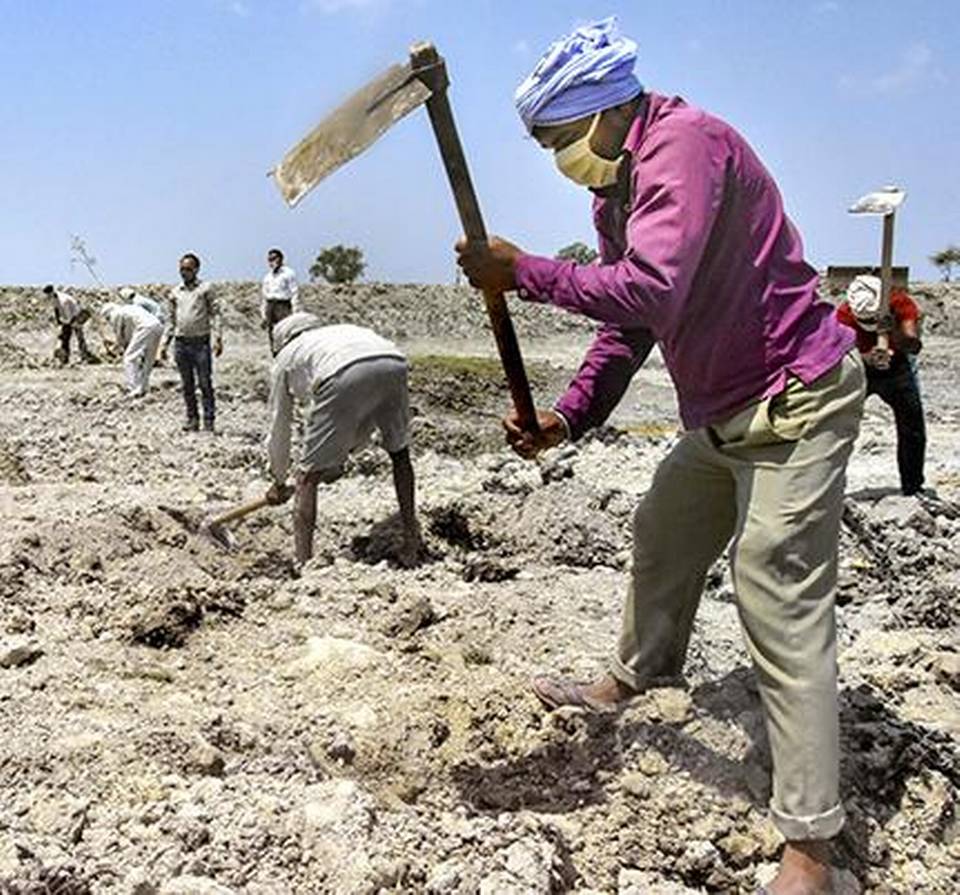
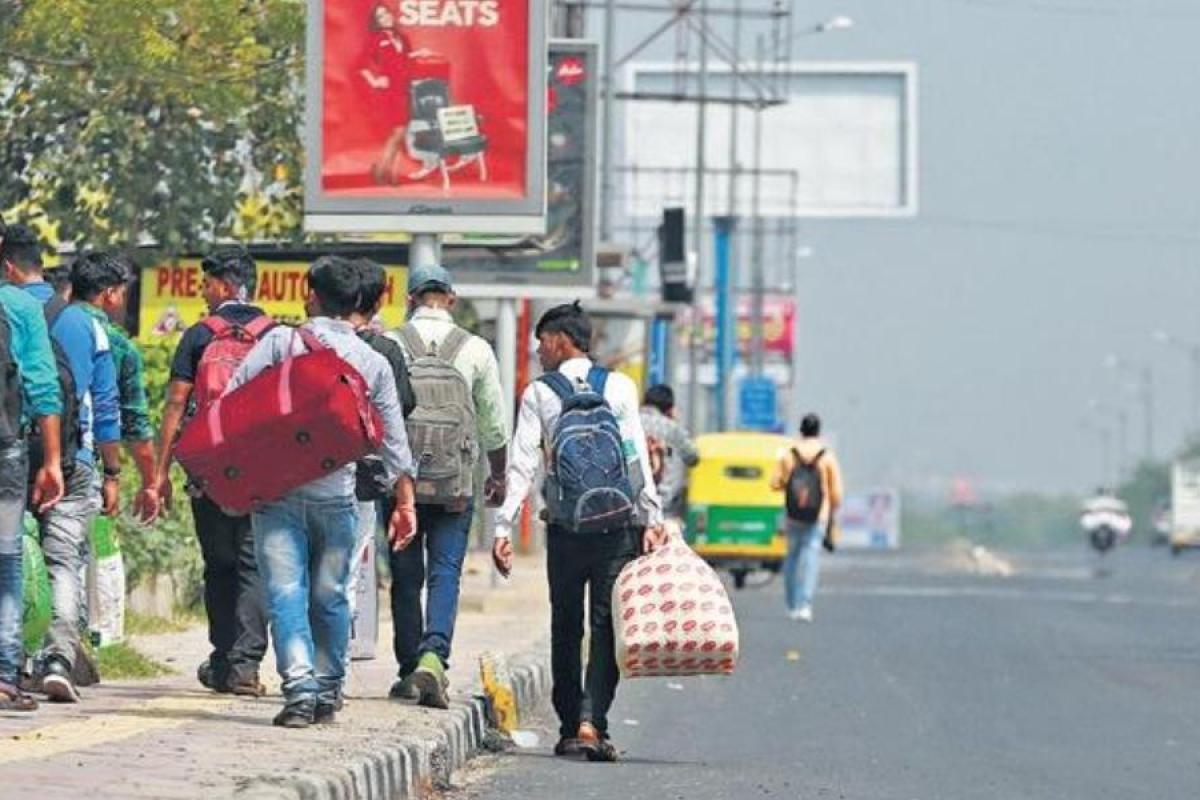
Dhrithi Mahadevan